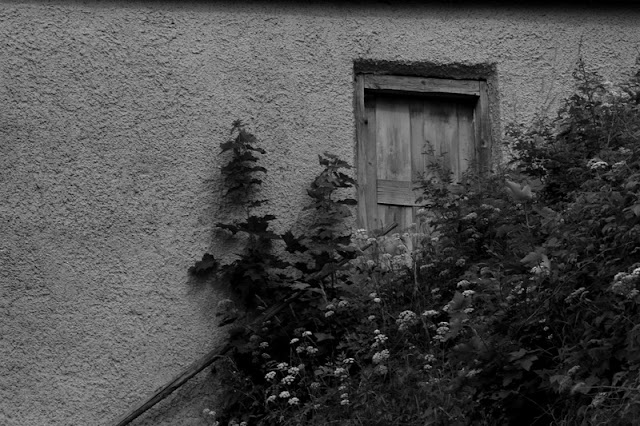I hope everyone is enjoying the wonderful weather here in our Hohenfels area. Photography is a magic thing during this time, when the sun is up late, and the skies can work their mood into your images. The golden and blue hours can be used to great effect when shooting during this time, and add some drama or serenity to the image you’re creating.
Tonight’s post is based on something I read at Photofocus, by Scott Bourne, about pedantry in learning photography. To sum it up- there are those who are all about the process and sticklers for the “rules” and numbers. I had planned a post about making your image nearly perfect in camera to minimize editing time, but his article struck me as being something to share.
I’m familiar with the process concentration, as I tend to get wrapped up in the process at times. For me, nailing the process leads me to look at ways to improve my images by finding other ways to make the same thing. Learning to do it “correctly” is important to learning how to do it “right.” By correctly, I’m referencing the process and numbers, and by right, I’m referencing the final image I visualized.
The process is a vital tool in making an image, as this is where we start. Learning that reciprocity makes our exposures easier by allowing us to work the exposure triangle is a part of that. Learning that controlling DOF is done through focus and aperture is a part of learning the process. The key is in knowing that the process is not the end, but the beginning. Before we can make impacting departures from the process, we must know the process.
Ansel Adams, one of my favorite photographers and sources of knowledge and inspiration, was well aware of this. Throughout his books, he refers back to visualization and placements. Each book in his series on the Camera, Negative, and Print begins with a chapter on visualization. He constantly references expression while teaching the basic processes and departures from them.
By working together to share our knowledge, we can bring more to expressive and creative photography than just numbers and processes. By sharing our vision and visualizations, we help our fellow photographers in their journey through this wonderful endeavor. The important thing is how does your image feel and how does it impact you and your intended audience. Other than that, the opinions of others, especially the pedants out there, should matter very little. Their opinion requires weighing, and the helpful bits used while the rest are discarded like week old leftovers.
Don’t let those folks disappoint you, don’t let them bring doubt into your mindset, and don’t let them change your style. Your photography is for you, your vision, while shared with others, is still yours. The biggest point in all this is enjoyment. Make sure you’re getting the most enjoyment you can from the time you spend making images, and from those photos you worked to give life to.
You really should check out Photofocus, Scott posts some incredible photos and his articles are a great resource for those of us addicted to the magic of bringing that feeling to life in our art.

ISO 125, f/11, 1/60
This image is likely to be called too dark by those who think only of the process and "correctness" of an image. It was intentionally left dark to add to the mood and impression of abandonment. By departing from the process we can make our art more meaningful.
I hope you have some great plans for the weekend, and are ready to share your visions with us. We’re all eager to see folks sharing their images, their vision, and thoughts. Enjoy your Friday, and enjoy your time behind the camera!
Do you have an image to share? We’d love to see it! Is there anything you’d like to see here? Do you have a question? Share your thoughts here or at the Hohenfels Volks Facebook page. Of course, commenting on both Facebook and here is always appreciated, too! Don't forget, we're on Google+, too!

No comments:
Post a Comment